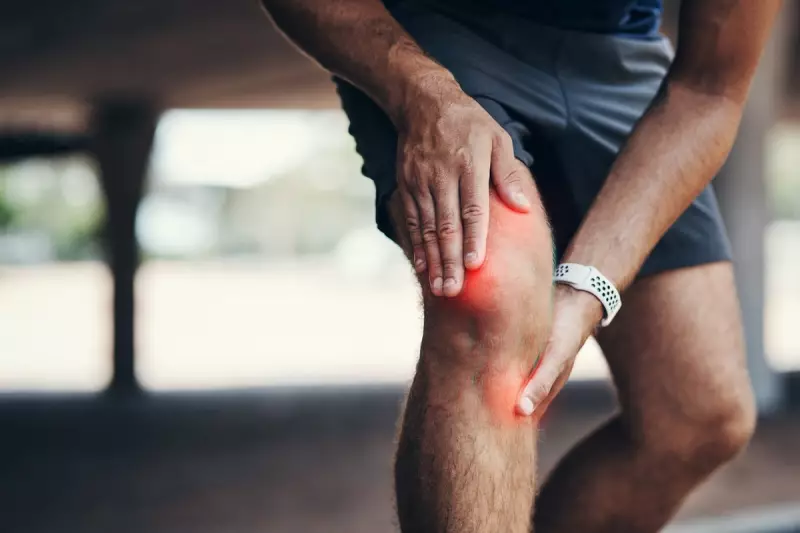
That unsettling pop, click, or grinding sensation in your knee—known as crepitus—is a common experience for many. But when should this everyday noise be a cause for concern, and what does it signal about your joint health?
Contrary to popular fear, the majority of knee clicks and cracks are completely harmless. They often result from tiny air bubbles (nitrogen) cavitating within the synovial fluid that lubricates the joint, or from tendons and ligaments lightly snapping over bony prominences as you move.
When Knee Clicking Demands Your Attention
While often benign, crepitus accompanied by certain symptoms warrants a professional consultation. The key indicator is pain. If your knee clicking is paired with discomfort, swelling, stiffness, or a feeling of the joint 'giving way,' it's time to seek medical advice.
These symptoms can point to underlying issues such as:
- Meniscal Tears: Damage to the cartilage that acts as a shock absorber between your thigh and shin bones.
- Articular Cartilage Damage: Wear and tear or injury to the smooth cartilage covering the ends of the bones.
- Osteoarthritis (OA): The most common form of arthritis, where the protective cartilage breaks down, leading to pain, swelling, and that characteristic grinding noise (crepitus).
- Patellofemoral Pain Syndrome (PFPS): Pain around the kneecap, often exacerbated by activities like squatting or climbing stairs.
Diagnosis and Treatment: The Road to Recovery
Persistent, painful crepitus should be assessed by a GP or physiotherapist. Diagnosis may involve a physical examination, discussing your medical history, and in some cases, imaging scans like an X-ray or MRI to get a clear picture of the joint's health.
Treatment is highly personalised but often focuses on conservative, non-invasive methods first:
- Physiotherapy: A cornerstone of treatment. A physio can provide targeted exercises to strengthen the muscles around the knee (quadriceps, hamstrings), improving stability and reducing strain on the joint itself.
- Pain Management: Over-the-counter anti-inflammatory medication like ibuprofen can help manage pain and swelling, following consultation with a pharmacist or doctor.
- Lifestyle Modifications: Weight management is crucial, as every extra kilogram places additional stress on the knees. Low-impact exercises like swimming or cycling can maintain fitness without jarring the joints.
For more severe cases, such as advanced osteoarthritis, further interventions like corticosteroid injections or even surgery may be discussed as options to restore mobility and quality of life.
The Bottom Line
Don't panic at every pop. A clicking knee without pain is usually just a quirk of the body. However, listening to your body is paramount. Painful crepitus is your knee's way of asking for help. Early diagnosis and a proactive approach to management, often led by physiotherapy and exercise, are the most effective ways to keep you moving comfortably and avoid long-term joint damage.





